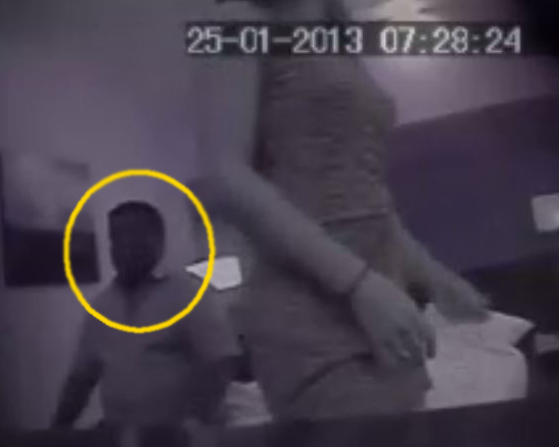The opposition Maldivian Democratic Party (MDP) has alleged that the ruling Progressive Party of the Maldives (PPM) had stopped signing voter lists for the January 18 local council elections to “obstruct” the vote.
The PPM claims the party was not given sufficient time to crosscheck 16 voter lists. According to the Elections Commission (EC), 295 independent candidates had also declined to sign lists, claiming they did not have the funds to travel to and stay in Malé for the approval of the register.
Condemning the ruling party’s decision, MDP in a statement today said it believed PPM’s “sudden decision to stop signing voters lists on baseless allegations is part of the party’s continued agenda to obstruct free and fair elections.”
Candidate signatures on voter lists were stipulated by the Supreme Court in its 16 electoral guidelines issued following the annulment of the first round of presidential polls held on September 7, 2013. The EC has described the guidelines as restrictions.
The police stopped a re-vote on October 19, 2013 at the eleventh hour after the PPM and the Jumhooree Party refused to sign voter lists.
The EC has long argued candidates are not required to crosscheck lists, but the Supreme Court had required candidate signatures to ensure the lists present at the polling booths are prepared by the commission.
The Supreme Court’s guidelines effectively give veto over elections to candidates and “undermines the power of the institution and contaminates the electoral process,” the MDP said.
According to the MDP, the Commonwealth – in an unpublished report – has criticised the Supreme Court’s issuance of 16 guidelines as beyond the court’s mandate, arguing that only the People’s Majlis has the legal power to compile such a guideline.
“We do not believe a free and fair election can be held as long as the Supreme Court continues to influence the Elections Commission,” the statement said
The MDP has called on political parties to allow the EC to work independently, and to allow citizens to exercise their vote in a free and fair election without bribery and undue influence.
The Maldives Police Services has previously told local media it will seek legal advice on how to proceed should candidates refuse to sign the lists.
However, speaking to Minivan News today, a police media official said the police will seek advice once the EC reaches a decision. EC President Fuwad Thowfeek said the EC is currently discussing the issue.
Fuwad has suggested the EC may hold elections in all the constituencies where lists have been signed.
Speaking to Minivan News on Sunday, Fuwad condemned the PPM’s decision suggesting that the party does not have “good intentions.”
PPM’s coalition partners – the JP, the Adhaalath Party, the Maldives Democratic Alliance (MDA) – and the MDP have completed signing all lists.
“If elections are delayed, it will increase expenditure and present a number of issues. We will not be able to hold elections within the constitutionally mandated deadline,” Fuwad said.
The EC has asked the Attorney General for advice on following Supreme Court guidelines, but has not received an answer yet, said Thowfeek.
